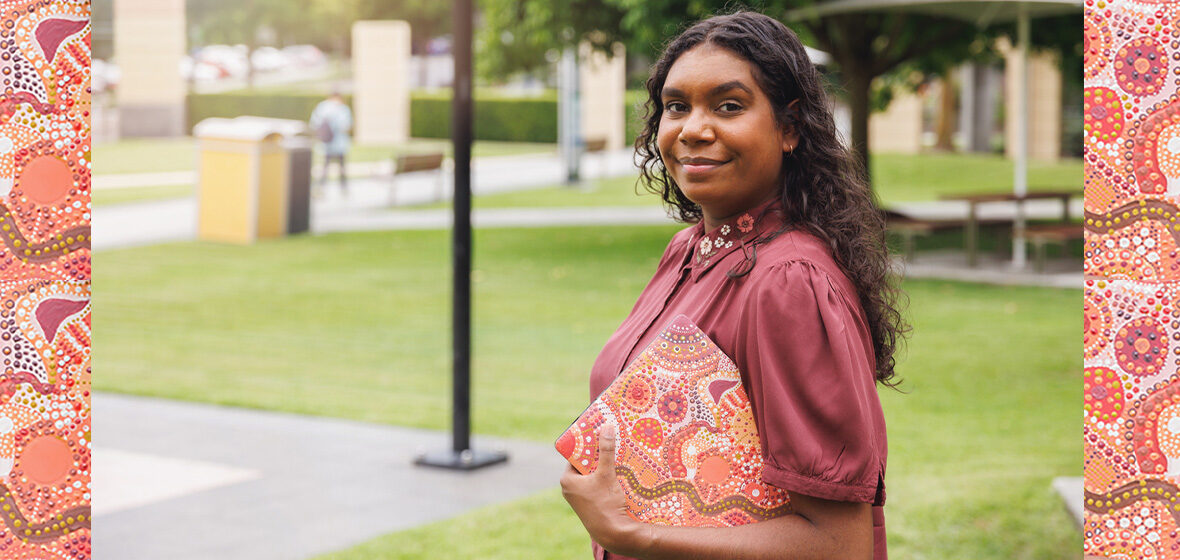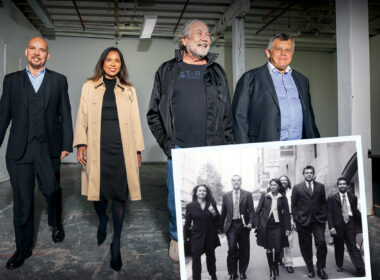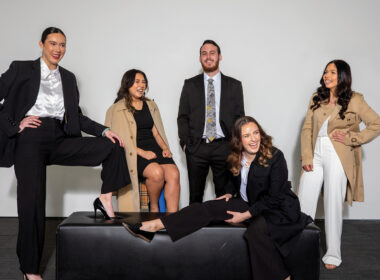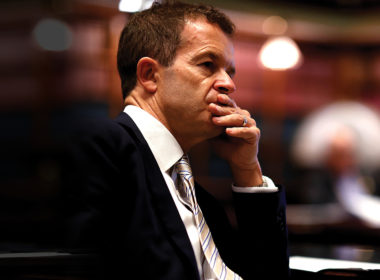A First Nations Cadetship Program aimed at addressing the under-representation of Aboriginal and Torres Strait Islander people in the legal profession is being extended after a successful first year.
Attorney General Mark Speakman has announced additional funding for the First Nations Cadetship Program, which launched as a one-off in 202. This will enable another 12 students to take part in the program through Community Legal Centres NSW (CLCNSW).
The program is open to Aboriginal and Torres Strait Islander students in the final two years of a degree in law, social work or communications. It runs state-wide, with a focus on community legal centres (CLCs) in regional NSW, Western Sydney and south-western Sydney. Cadets work two days per week at CLCs in NSW, as well as receiving training and mentoring from Aboriginal and Torres Strait Islander staff.
Speakman said the First Nations Cadetship Program provides participants with valuable experience in the legal sector and helps CLCs provide greater access to justice and employment opportunities.
“On-the-job training and mentoring are so important to students in the early stages of their working lives. This program aims to help students secure employment and transition into full time work at this critical time,” Speakman said.
“The 2020 National Profile of Solicitors revealed that fewer than 1 per cent of all solicitors in Australia (1.1% in NSW) identified as Aboriginal and or Torres Strait Islander. Initiatives such as the First Nations Cadetship Program can help to address this under-representation.”
‘Fewer than 1 per cent of all solicitors in Australia (1.1% in NSW) identified as Aboriginal and or Torres Strait Islander. Initiatives such as the First Nations Cadetship Program can help to address this under-representation.’
The first three students to undertake the cadetships with CLCNSW have recently graduated from the program. Katrina Ironside, CLCNSW Executive Director, said the inaugural year has been an “outstanding success”.
“I am absolutely delighted that the Attorney General has committed further funding to this initiative. The results speak for themselves – all our cadets have obtained fulltime employment as a result of gaining significant confidence and skills over their year with us,” Ironside said.
“It has been a joy to watch our cadets flourish with the support of centres, their First Nations mentors, and colleagues. We are really proud of what they have accomplished. The relationships they have developed will be carried with them throughout their careers.
“Our centres have reported that they have been a real asset to delivering services to people in NSW that need legal help.”
‘Invaluable support and mentoring’
Oliver John Williams, a Wiradjuri man from Cowra, is one of three cadets who participated in the inaugural program. He recently completed his cadetship at the Seniors Rights Service and is now in his fourth year of a Bachelor of Criminology & Criminal Justice/Law at the University of NSW.
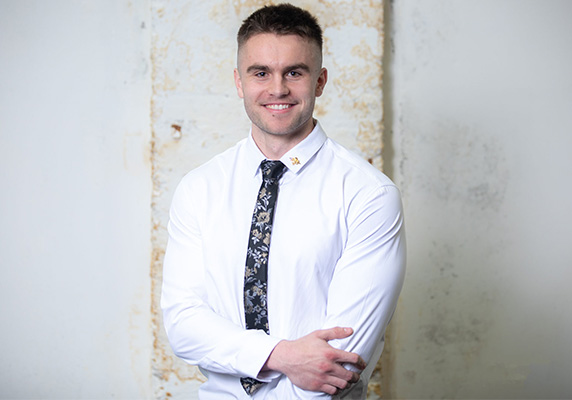
“The First Nations Cadetship program led me to an opportunity for employment and elevated my career in the direction I wanted it to go,” Williams said.
“I’ve learnt a lot about how to seek and achieve justice not only for Aboriginal and Torres Strait Islander clients but also for non-Indigenous clients.
“I’ve developed so much passion and drive to work towards justice, to study harder an to learn all different types of law. The level of support and mentoring I have received has been invaluable – helping me secure a research role at the Public Interest Advocacy Centre.”
Williams’ passion for working in the law is well known to the Law Society Journal. He authored a feature in our November 2022 edition, ‘Footsteps of Leaders’, which brought together two generations of Aboriginal and Torres Strait Islander people in the law: six prominent lawyers who were reunited after 25 years to celebrate their success, and the next generation starting their journey.
In addition to interviewing the leaders in law who have inspired him, Williams also spoke to five young Aboriginal and Torres Strait Islander law students and recent law graduates. Find out what Willliams learned about the common issues shared by the new generation of Aboriginal and Torres Strait Islander lawyers, and read their individual stories.
Find out more about the First Nations Cadet Program here.

